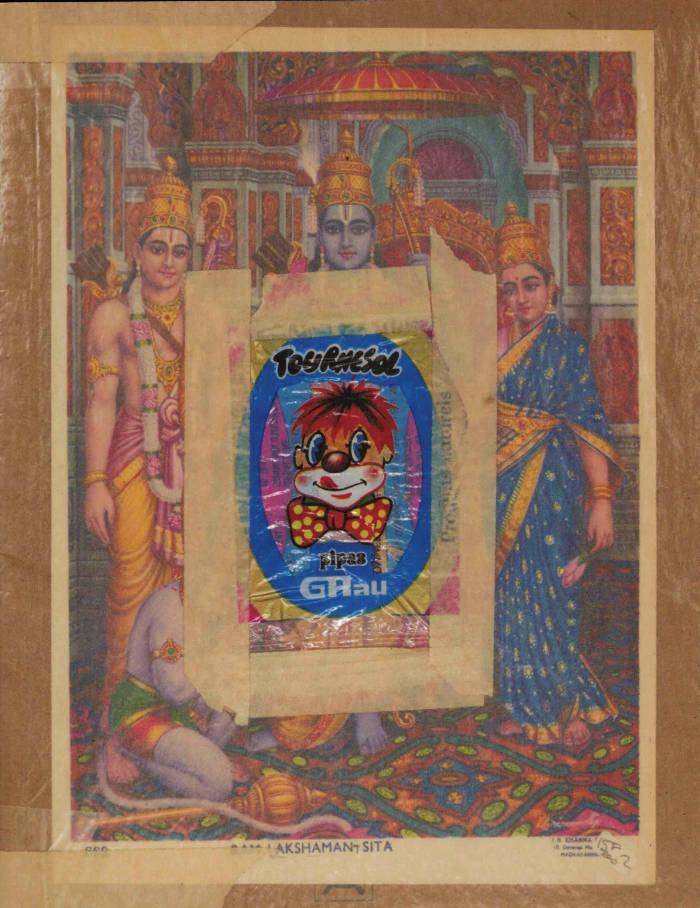
NXS #3 Viral Bodies
NXS ed.
NXS issue #3 Viral Bodies investigates the changing concepts of gender and identity norms in the digital space, and open the discussion to many possible speculations and to their real world implications.
Kicking off the issue with a starting piece by Reba Maybury, over 20 fellow contributors explore social conventions, share intimate moments and experiences of pain, love, hate and fear. They delve into authenticity in the non-human sphere, they code accidental bigotry on the internet. Science fiction writer Alan Dean Foster blurs the lines of reality, transmitting what is real and what not in a dystopian society. Political art critic Penny Rafferty unravels the minds of tech giants while artistic researcher Addie Wagenknecht questions the diffusing lines between virtual technology and working bodies in reality.
Language: English





